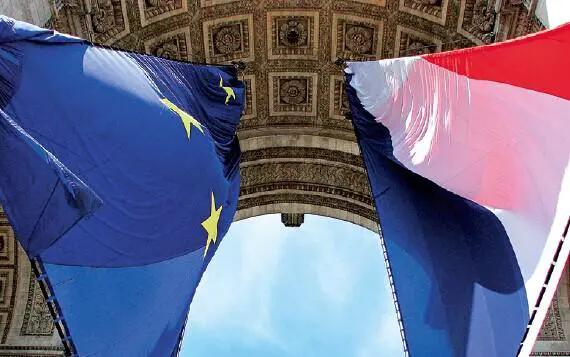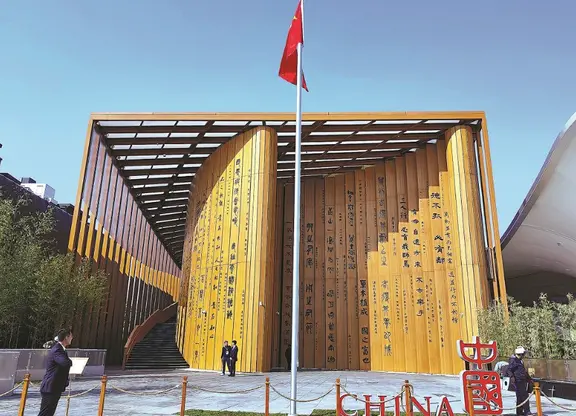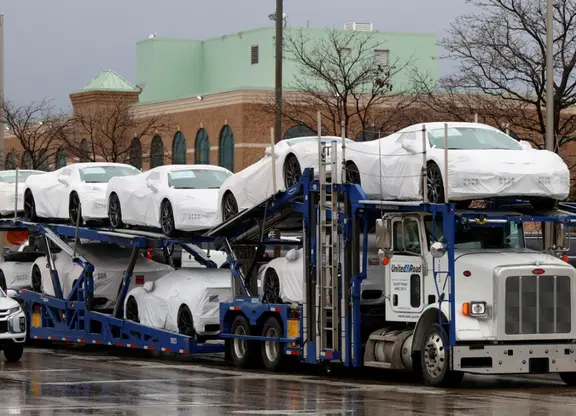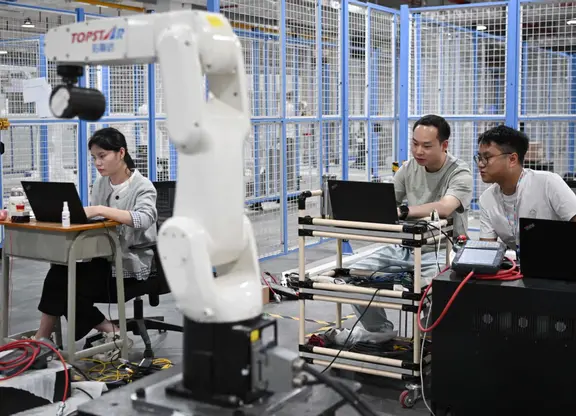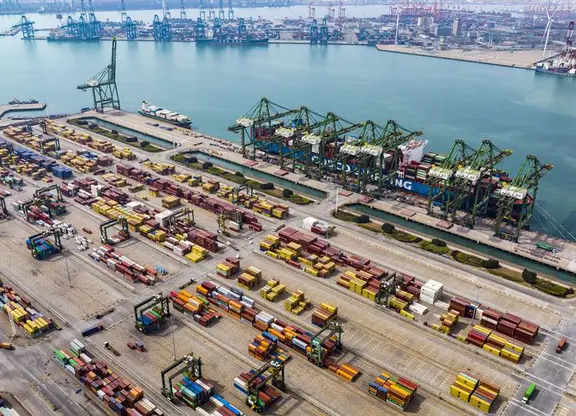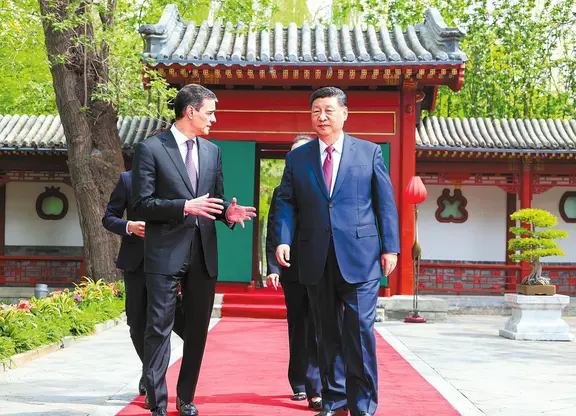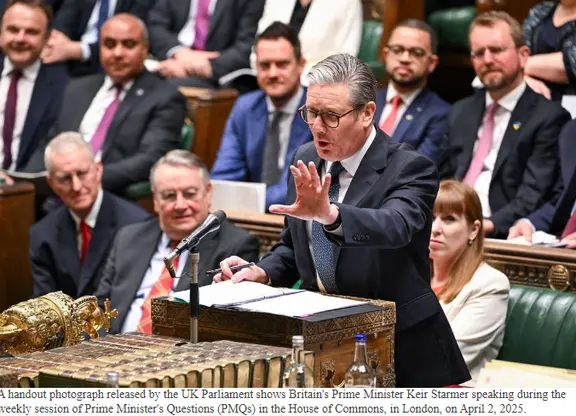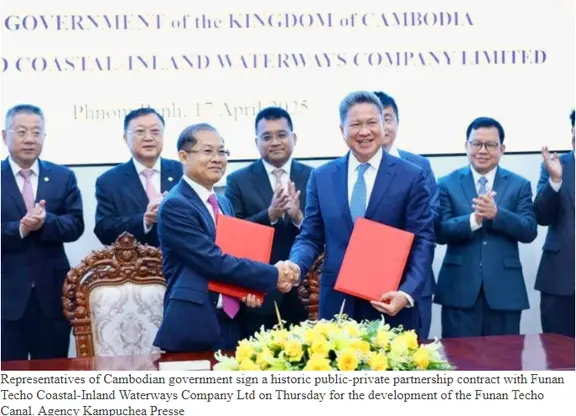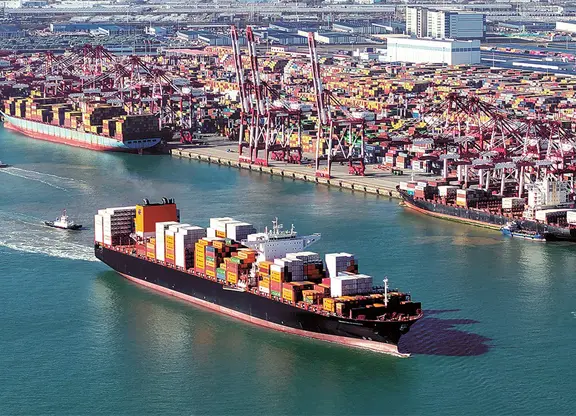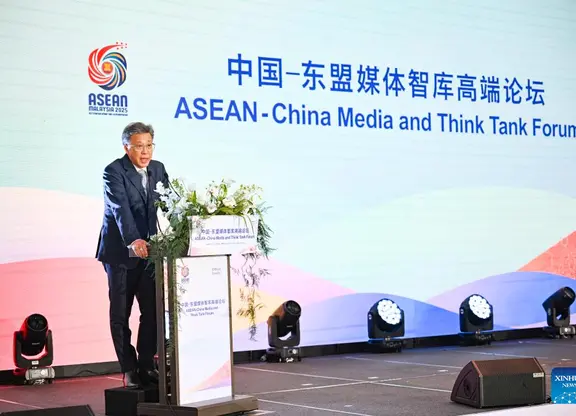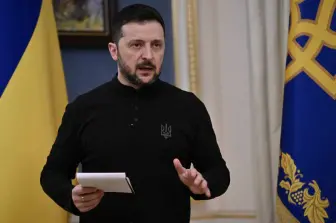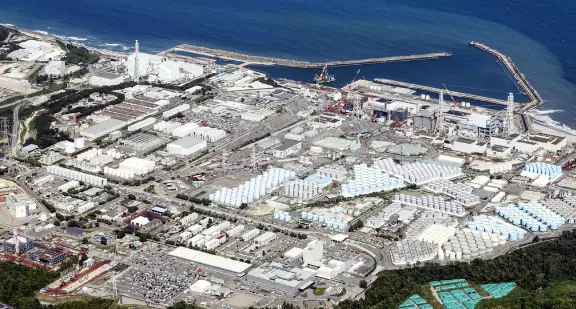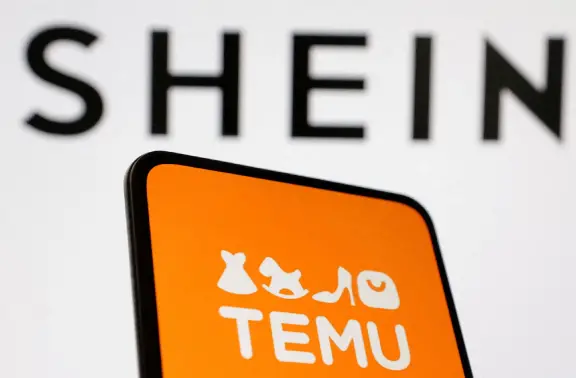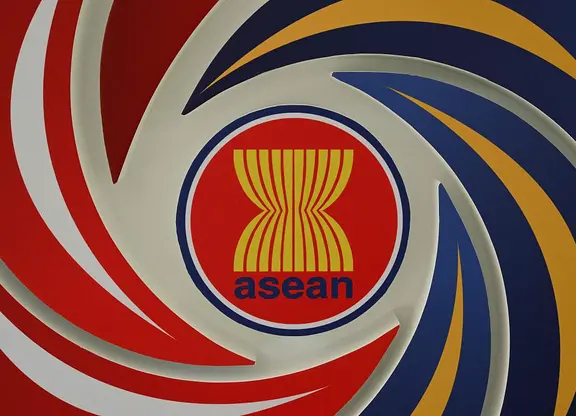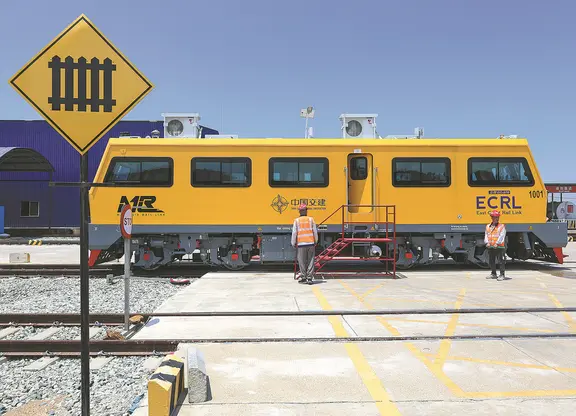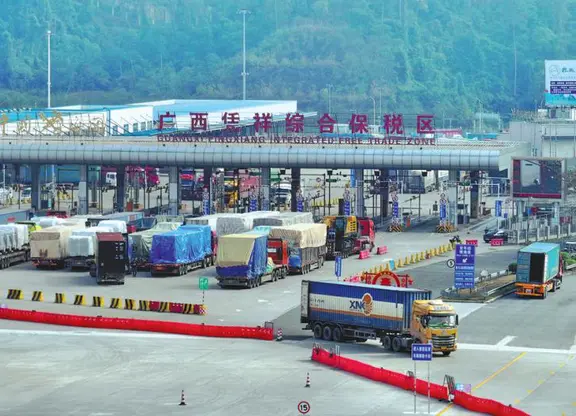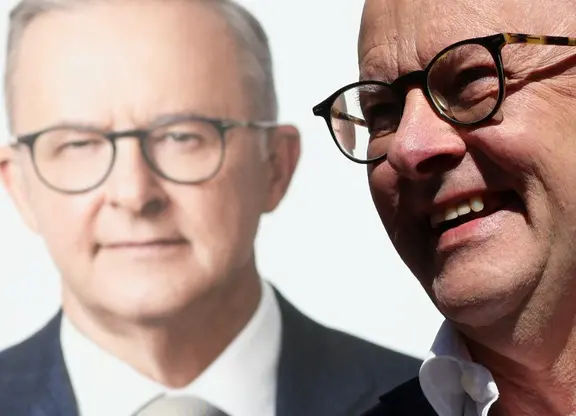UK Prime Minister Theresa May urged restive lawmakers to back her in the final stages of Britain's exit from the European Union, saying talks were in their most difficult phase even if a deal was close.
Addressing MPs in the House of Commons, May said people are understandably worried that Britain could get stuck in a backstop arrangement designed to be temporary on the issues still remaining to be resolved.
95 percent agreed
In an attempt to highlight how much progress has been made in more than a year of talks with the EU, she told parliament the government has reached agreement on everything from Gibraltar to future security over the last three weeks.
"Taking all of this together, 95 percent of the Withdrawal Agreement and its protocols are now settled," she said.
Outlining steps still needed to be taken, May said Britain must be able to leave the EU at will, not be locked into any arrangement "against our will."
The major remaining unresolved issue is the future of the border between Northern Ireland and the Republic of Ireland.
"There is one real sticking point left and a considerable one which is how to guarantee no return to a hard border in Ireland," said May.
With just over five months until Britain is scheduled to exit the EU, talks have stalled over a disagreement on the so-called Northern Irish “backstop,” an insurance policy to ensure there will be no return to a hard border on the island of Ireland if a future trading relationship is not agreed in time.
May has ruled out any solution that would keep Northern Ireland having to follow EU rules, or a border along the Irish Sea that would see Northern Ireland cut off from the rest of Britain.
May said Britain has proposed a legally binding UK-EU joint customs territory to help break the impasse.
May again dismissed the EU's proposed backstop as unacceptable and she set out two options for Britain to choose from: an extension to the transition period, or a temporary UK-EU customs territory which was first outlined earlier this year.
She told MPs that in a substantial shift in their position, the EU is now actively working with Britain on the proposal.
Protesters participate in an anti-Brexit demonstration at City Hall in central Belfast, Northern Ireland, October 20, 2018.
May said she has not committed Britain to extending the Implementation Period, adding: "I do not want to extend the Implementation Period and I do not believe that extending it will be necessary."
"By far the best outcome for the UK, for Ireland and for the EU – is that our future relationship is agreed and in place by 1st January 2021," she added.
No second referendum
Vince Cable, leader of the minority Liberal Democrats, asked May about reports that the government is carrying out contingency planning for a second referendum.
The prime minister replied: "No, that is not correct. The government does not support a second referendum."
Jeremy Corbyn, leader of the main opposition Labor Party, told MPs that May had traveled last week to the meeting in Brussels of the 27 leaders of EU member states "to beg for an extension" of the transition period due to end in December 2020.
Hundreds of thousands of pro-EU supporters take part in the People's Vote march through central London followed by a rally in Parliament Square to demand a final say on the Brexit deal in London on October 20, 2018.
As May shook her head to deny the claim, Corbyn said her Conservative government is "terminally incompetent, hamstring by its own division."
May told MPs that as she traveled around the county, people who voted either leave or remain had told her "to get on with it" and leave the EU.
(ASIA PACIFIC DAILY&REUTERS)
 简体中文
简体中文

